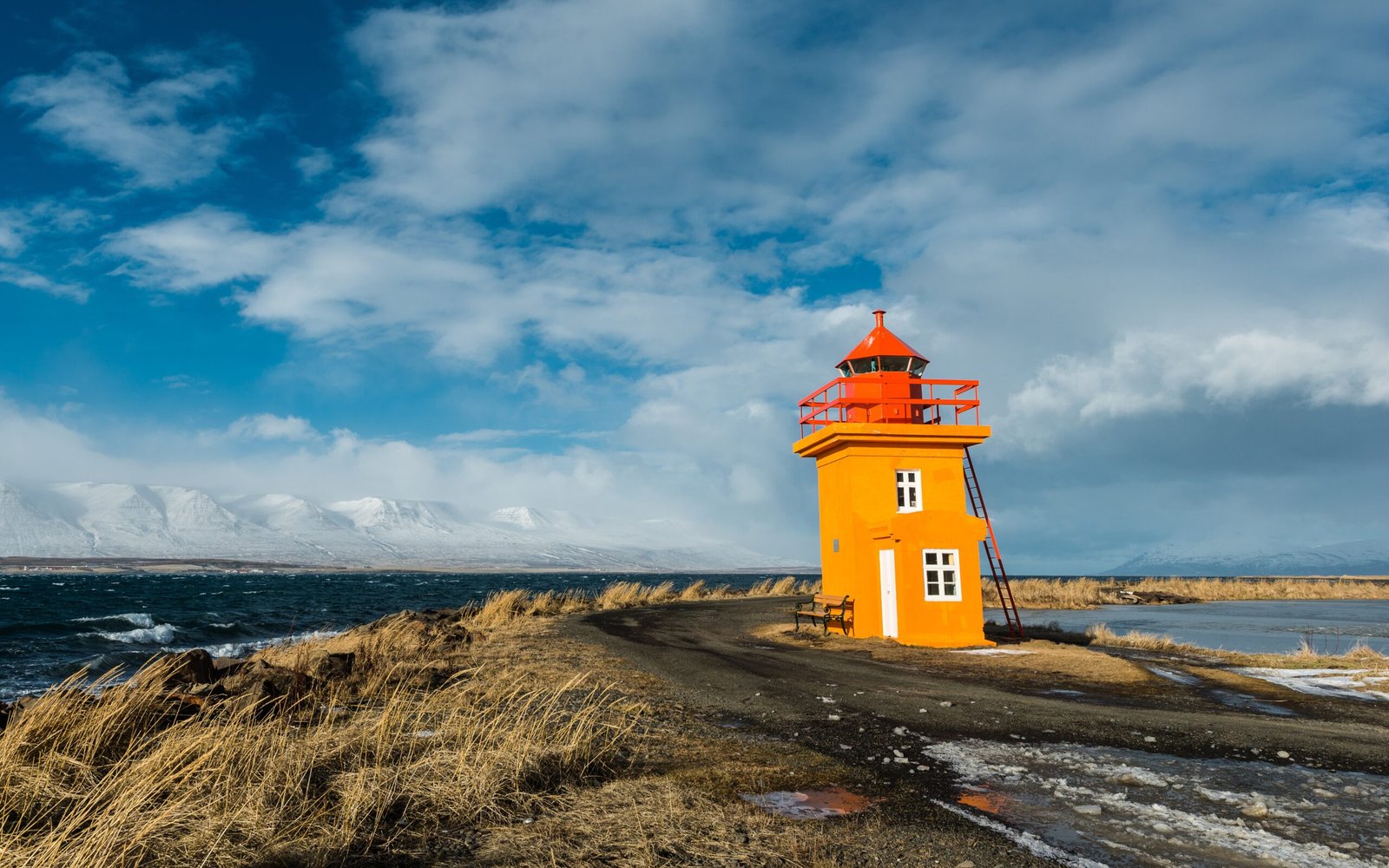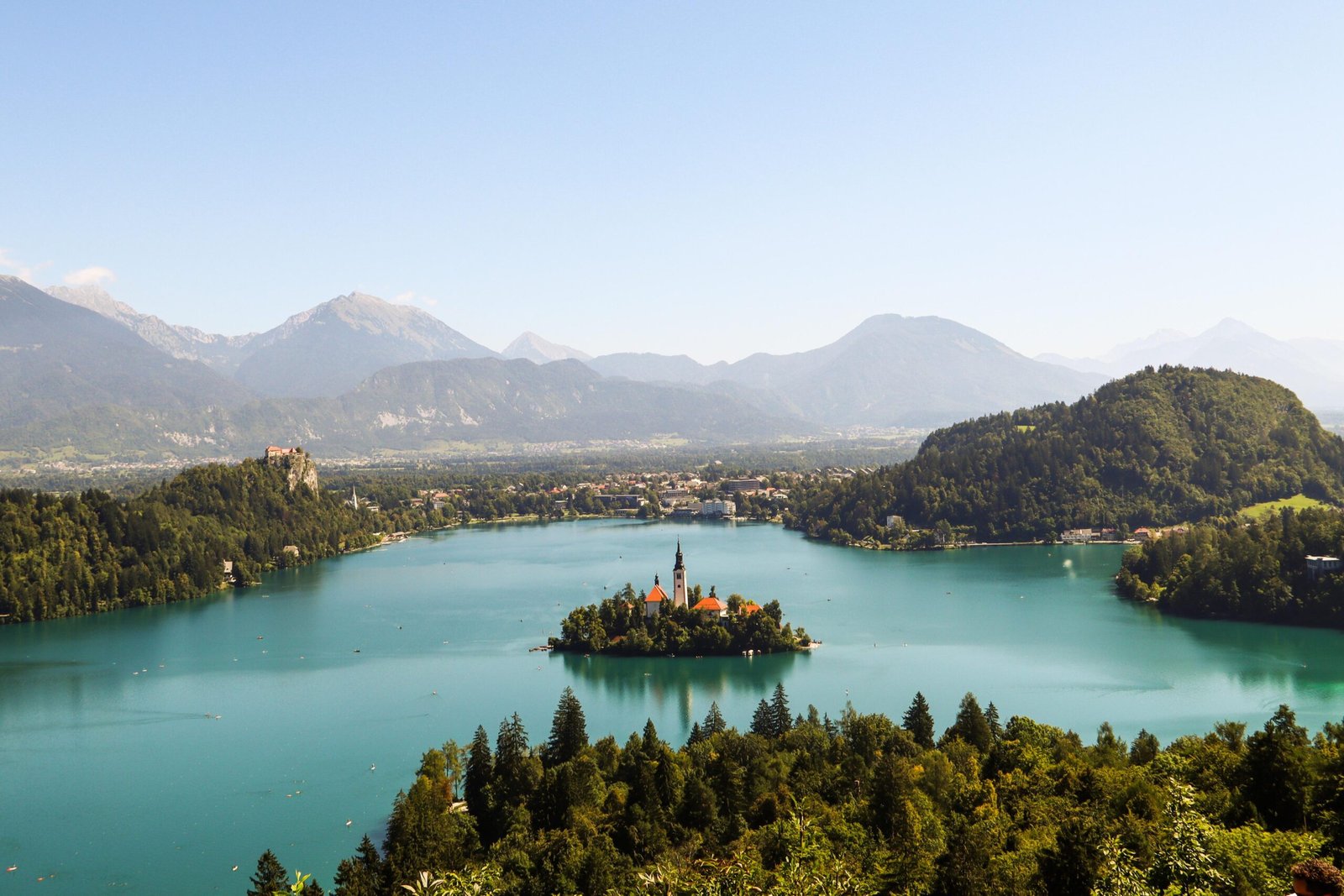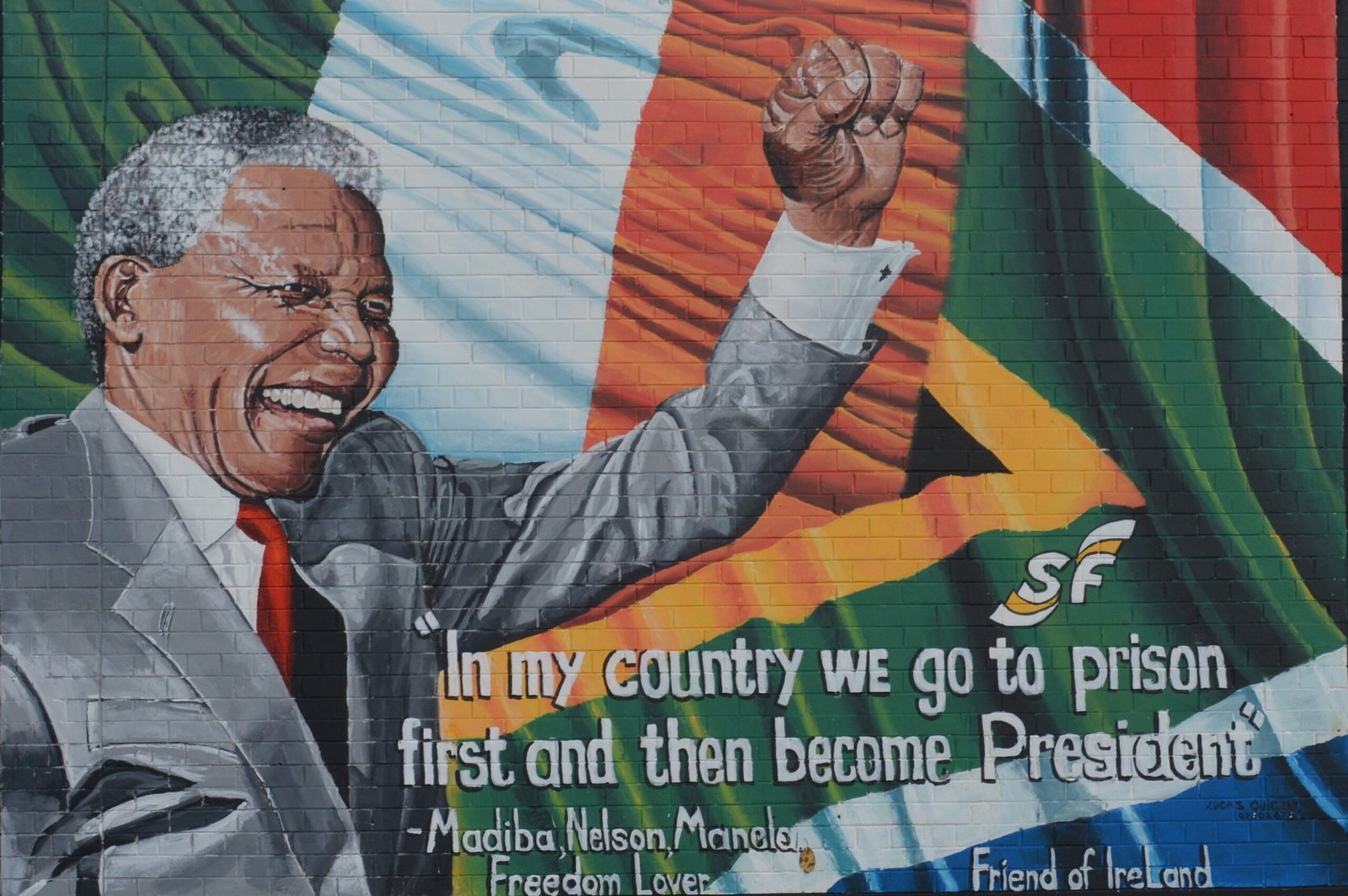From pirate democracy to a city run by artists, explore 3 bizarre political experiments that sounded crazy but surprisingly worked. These real-life political oddities defied the odds.
The 3 Strangest Political Experiments That Actually Worked
Politics is usually associated with dry debates, rigid systems, and endless bureaucracy.
But sometimes….things get weird.
Throughout history, bold thinkers and desperate societies have thrown out the rulebook and tried strange political experiments ideas that sounded absurd at the time but somehow actually worked (at least for a while).
These weren’t just wild ideas they were functioning societies with real people, real power, and sometimes, real success.
Here are 3 of the strangest political experiments that didn’t crash and burn they thrived (even if only temporarily).
1. Pirate Democracy (17th–18th Century Caribbean)
Yes, pirates the sword-wielding, rum-drinking, treasure-hunting outlaws of the sea were pioneers in one of the earliest and most radical forms of democracy.
What Made It Strange?
Pirates, unlike monarchies and empires of the time, voted for their captains, shared loot equally, and followed written codes (called the “Articles”).
On pirate ships, power came from the bottom up, not the top down.
Captains could be voted out. Everyone got a share of the treasure. Injury compensation existed. And punishments were decided by majority vote.
Why It Worked:
It created order among chaos
Gave crew members a reason to be loyal
Provided early models for constitutional law
Some historians argue that pirate democracy influenced later revolutionary ideals in America and France.
2. The Artistic Government of Christiania (Copenhagen, Denmark)
In 1971, a group of squatters, artists, and free thinkers took over an abandoned military base in the heart of Copenhagen and declared it “Freetown Christiania.”
What Made It Strange?
This was a self-proclaimed anarchist commune, run not by politicians but by consensus, creativity, and community meetings.
No official police. No government rules.
Just art, music, peace… and an occasional cannabis trade.
Christiania was like a political LSD trip that refused to end.
Why It Worked:
Citizens were deeply involved in decisions
Crime remained lower than surrounding areas for years
It became a tourist attraction, even as it defied national law
To this day, Christiania exists as a partially autonomous zone proof that non-traditional, counterculture governance can survive inside a modern democracy.


3. Iceland’s Crowd-Sourced Constitution (2011)
After the 2008 financial crash devastated Iceland’s economy and trust in government, the people demanded a total reboot. But instead of leaving it to politicians, they tried something new:
Let regular citizens write the constitution online.
What Made It Strange?
The constitutional council used social media, Facebook polls, open forums, and crowd-sourced ideas to write a new constitution.
Icelanders could comment, edit, and vote on what they wanted in their foundational law.
Why It Worked (Sort Of):
Massive public participation
A draft that reflected people’s true values
Global praise as a model for digital democracy
Though politics stalled the final ratification, the experiment remains a landmark in democratic innovation and parts of the draft have influenced Icelandic reforms since.
What Do These Experiments Teach Us?
These oddball political systems worked not because they were perfect, but because they were:
Boldly different
Grounded in shared purpose
More inclusive than traditional power structures
From pirate ships to digital platforms, these experiments show that power doesn’t always need to come from presidents or parliaments. Sometimes, the strangest ideas create the strongest bonds.
Did You Know?
Pirate ships had injury insurance policies, paying crew members for lost limbs
Christiania has no cars, operates with collective ownership, and hosts open-air concerts
Iceland’s constitutional council included a farmer, a pastor, and a university student not just lawyers or politicians















